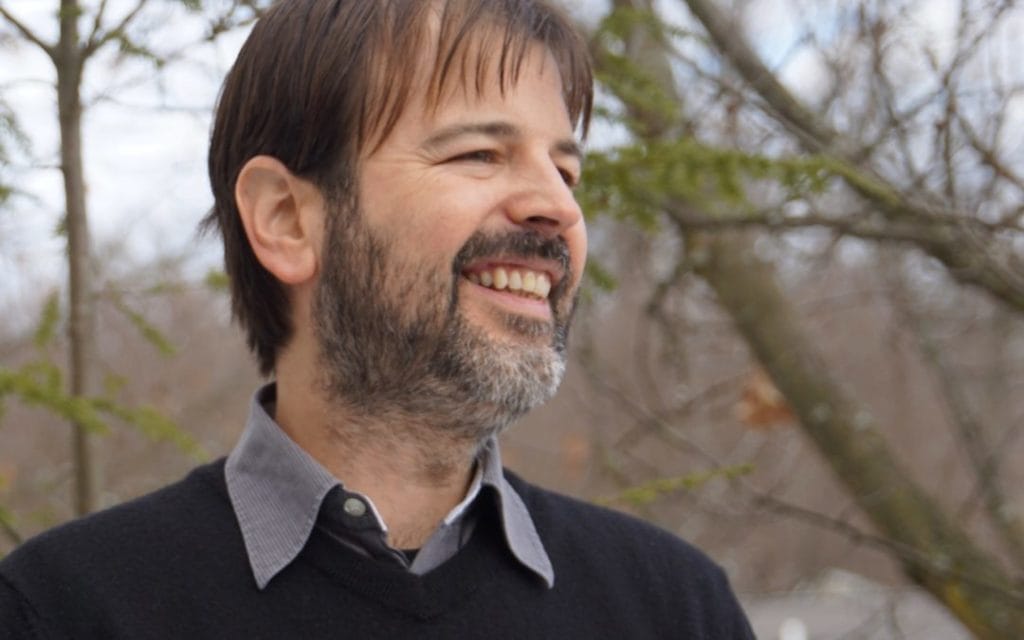Biological Embedding of Early-Life Adversity: Challenges and Opportunities / Barnard Center Lecture Series

Dr. Shalev will discuss the current state of the science of how early-life adversity can get under the skin and program biological systems, which in turn may increase risk for later-life physical and mental-health problems. In order to evoke change in the health trajectories for survivors, we need to fill critical gaps in our understanding of this “biological embedding”, and to further explore mechanisms of resilience. Specifically, Dr. Shalev will highlight the role of telomere biology as a potential platform for discovery and intervention studies, as well as limitations in the field and new biological aging clocks to investigate the biological embedding of early trauma.
Dr. Idan Shalev, PhD, is an Associate Professor in the Department of Biobehavioral Health at The Pennsylvania State University. His research entails an interdisciplinary approach to identify mechanisms underpinning the biological embedding of stress, or how stress gets under the skin, and its effect on health and aging. Shalev’s research combines the disciplines of molecular genetics, endocrinology, neurobiology and psychology. This systems approach integrates data sources across multiple levels of genomic, biomarkers and phenotypic data. Specifically, using innovative research designs, his research tests the effects of stress from early life on change in telomere length and other biomarkers of aging across the life course, and the consequences of change in telomere length for physical and mental health problems. The goal of his research is to pinpoint behavioral and molecular targets for public health observation and clinical treatments aimed at mitigating the consequences of stress on health and aging. Shalev is the past Mark T. Greenberg Early Career Professor for the Study of Children’s Health and Development and an author of more than 60 scientific articles and chapters.
Share this post
Questions?
Please give us a call
We look forward to talking with you!
-
Phone
206-543-8528
-
Business hours
Monday – Friday
7:30am – 4pm
-
E-mail
pcrp@uw.edu
-
Mailing Address
Parent-Child Relationship ProgramsUniversity of Washington - Box 357231
Seattle, WA 98195-7231
-
Office Address
Parent-Child Relationship ProgramsUniversity of Washington
Health Sciences Building F-346
Seattle, WA 98195-7231
Prefer exploring on your own?
Check out our FAQ section
for answers to common questions
WE WANT TO CONNECT WITH YOU!
Feel free to fill out our contact form or call us at 206-543-8528
Frequently Asked Questions
Explore our FAQ section to find quick, helpful answers to the most common questions. If you don't find what you're looking for, click here to Contact us - we're here to help!